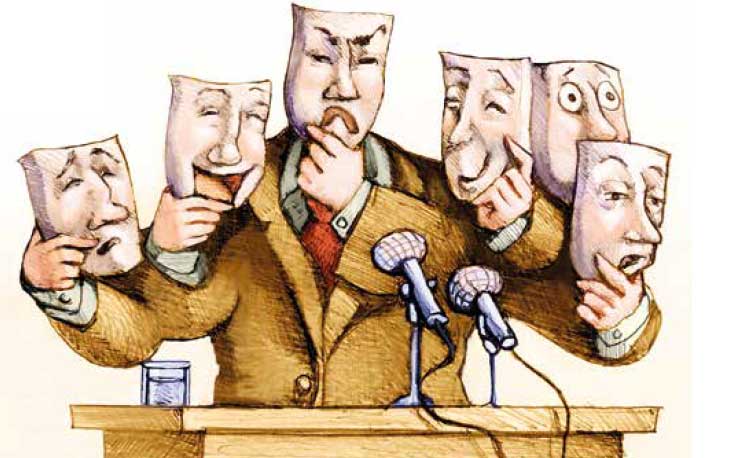Saint or sinner?

Mother Teresa is high on the list of saints. When she died in 1997 (the same week as Princess Diana), there was an almost instant cry for her to be elevated to sainthood in the Catholic Church. She was finally declared a saint by Pope Francis in September 2016.
This was seemingly not met with universal approval, however.
At the time, Christopher Hitchens called Mother Teresa “a fanatic, a fundamentalist, and a fraud”, arguing that “even more will be poor and sick if her example is followed”.
Strong words, but there have been many criticisms, as there always are. The views of many newspaper articles and from western readers over Mother Teresa has shocked me. Among other critiques, she has been accused of offering substandard medical care; of proselytising her patients; of claiming virtue in suffering rather than trying to alleviate it; taking donations from dictators; and of promoting her efforts to a global media eager for heroes, putting fame before her mission of aid.
To defenders of Mother Teresa, disapproval of the tiny nun either smacks of outright lies or misses the point entirely. I would have to agree. But the purpose of this article is neither to defend nor to accuse Mother Teresa. My intent here is simply to point out that every ‘saint’ is imperfect, and every ‘sinner’ is redeemable.
But the trouble is that today we live in a world that revels in people’s failings rather than their merits, and it is that issue the media and others focus on. We would rather find fault and destroy someone than simply say, “Well done… even if it wasn’t perfect.”
One cannot help noticing the change in tone of language in our world, evidenced by the flood of verbal violence that seems to have given every politician and news media commentator the sense that you can say almost anything you like and get away with it.
Then the media takes that toxic rhetoric and makes that its headline news. The rhetoric becomes the debate, rather than the real issues that affect people.
Social media’s anonymity gives people the sense of freedom to say whatever they like. With barriers broken down, those things become not just speakable, but acceptable.
You can understand why most people don’t want to get involved in politics, or get involved society at all. You risk getting skewered. Who needs it?
I want to make the point that words have consequences. Careless toxic rhetoric causes grief and it will lead to more and more in our society the further we allow it to continue. When insecurity,
fear and anger are used to light a fuse, explosion is inevitable. As one example, think how many teenage suicides have been attributed to young people being shamed or outed on social media. We could be kinder. We could be better.
I would rather that people were recognised for being real. I respect Mother Teresa not as a saint, but as a human being. She tried to make a difference. I love the phrase: “There is not a saint without a past; there is not a sinner without a future.”
Taking that truth as our mantra lets us treat people with much more compassion and understanding.
During Oliver Cromwell’s reign, there was a shortage of silver in the British Empire to make coins. Agents carefully searched the nation for emergency silver. After one month, the committee returned with its report: “We have searched the Empire in vain seeking to find silver. We found none anywhere except in the cathedrals where the statues of the saints are made of choice silver.”
To this, Oliver Cromwell eloquently answered: “Well then. Let’s melt down the saints and put them into circulation.”
Getting people back into circulation to make a difference, however imperfect, sounds like a better plan to me than threatening those who disagree with explicit thuggery like “sticking the knife in”.
Tags: aftercare, Bill Webster, Dr Bill, Dr Bill Webster